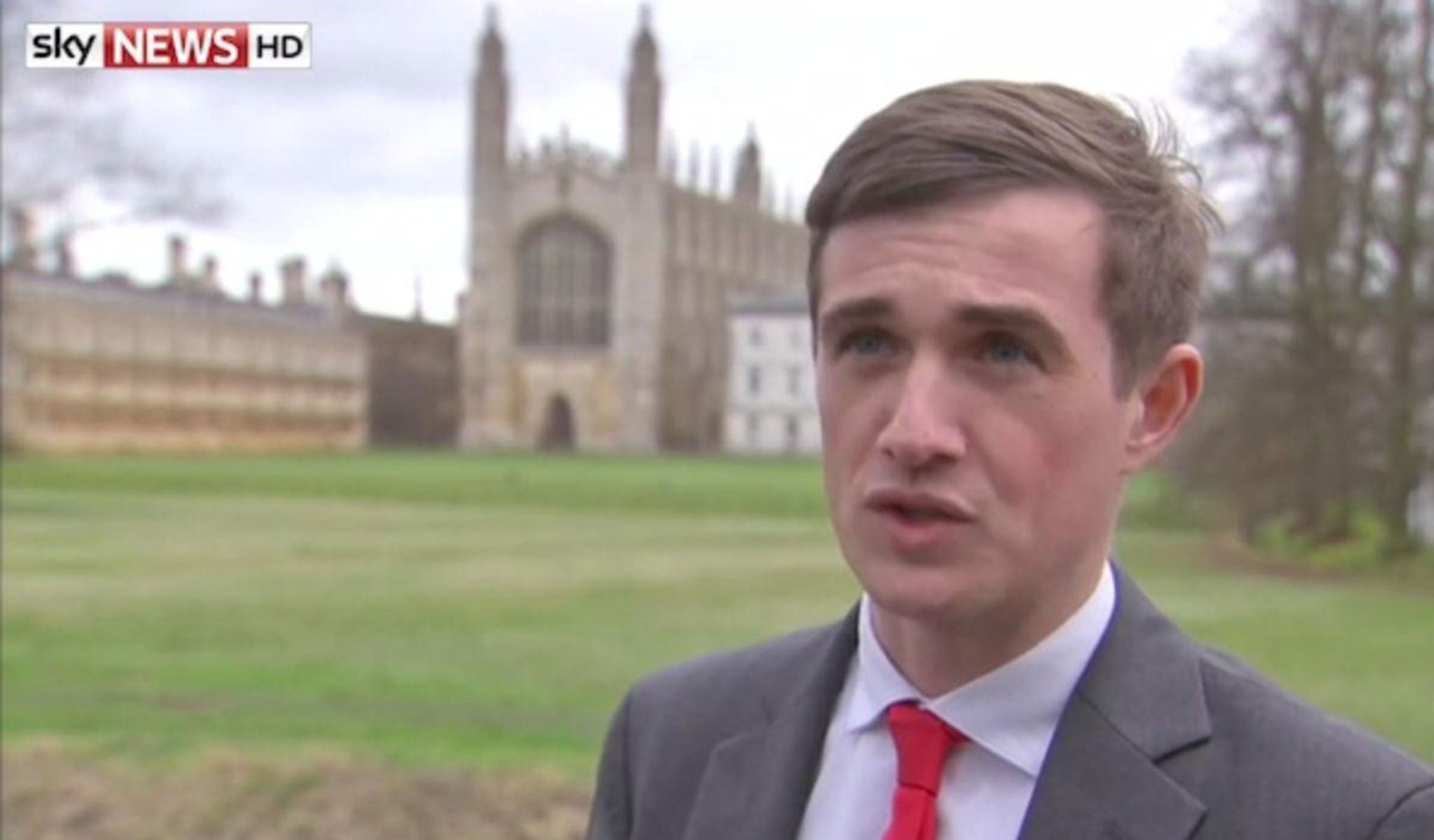The Independent's journalism is supported by our readers. When you purchase through links on our site, we may earn commission.
Lung cancer breathalyser to go on trial in NHS hospitals by summer 2015
The device could help detect the disease in earlier stages

Your support helps us to tell the story
From reproductive rights to climate change to Big Tech, The Independent is on the ground when the story is developing. Whether it's investigating the financials of Elon Musk's pro-Trump PAC or producing our latest documentary, 'The A Word', which shines a light on the American women fighting for reproductive rights, we know how important it is to parse out the facts from the messaging.
At such a critical moment in US history, we need reporters on the ground. Your donation allows us to keep sending journalists to speak to both sides of the story.
The Independent is trusted by Americans across the entire political spectrum. And unlike many other quality news outlets, we choose not to lock Americans out of our reporting and analysis with paywalls. We believe quality journalism should be available to everyone, paid for by those who can afford it.
Your support makes all the difference.A new device that could detect lung cancer from a patient's breath is about to undergo clinical trials in NHS hospitals.
The Lung Cancer Indicator Detection (LuCID) device could be made available to GPs within the next two years, Sky News reports.
Owlstone, the firm which developed the device, say it works by detecting chemical traces which indicate a patient may have cancer, meaning it could potentially be used to diagnose the disease early on.
Billy Boyle, co-founder of the firm, told the broadcaster: "The human body makes chemicals, a lot of them are just normal, everyday chemicals, but with cancer and other diseases the cells go a bit wrong and start to make chemicals differently.
“So by programming the chips in software to look for these different characteristic signatures and chemical markers you can programme it to look for a range of different diseases.”
Mr Boyle said he began to look at medical applications of the company's technology, originally intended to detect explosives, when his wife Kate Gross was diagnosed with colon cancer two years ago before she died aged 36 on Christmas Day.
Ms Gross was one of Whitehall’s youngest ever female civil servants and worked as an advisor to Tony Blair and Gordon Brown.
Mr Boyle said he and his wife had often talked about the different applications of Owlstone's technology.

"We spent many years sitting in cancer wards in Addenbroke's in Cambridge and down in London and you see a lot of people there. And they're there because the disease is detected too late.
"So early detection means that you will have fewer people sitting in those waiting rooms.
"Our goal is to save the NHS £245m - but more importantly to save 10,000 lives."
The firm, which was awarded £1m in funding from NHS England's Small Business Research Initiative for Healthcare, is to run trials at Glenfied Hospital in Leicester and at one other. A desktop version of the "breathalyser" already exists and will be used in the clinical trials.
Last year researchers, including a team from the University of Liverpool, discovered subtle genetic changes in vapour given off by cells that suggested a diagnostic breath test for lung cancer was theoretically possible.
Additional reporting by PA
Join our commenting forum
Join thought-provoking conversations, follow other Independent readers and see their replies
Comments